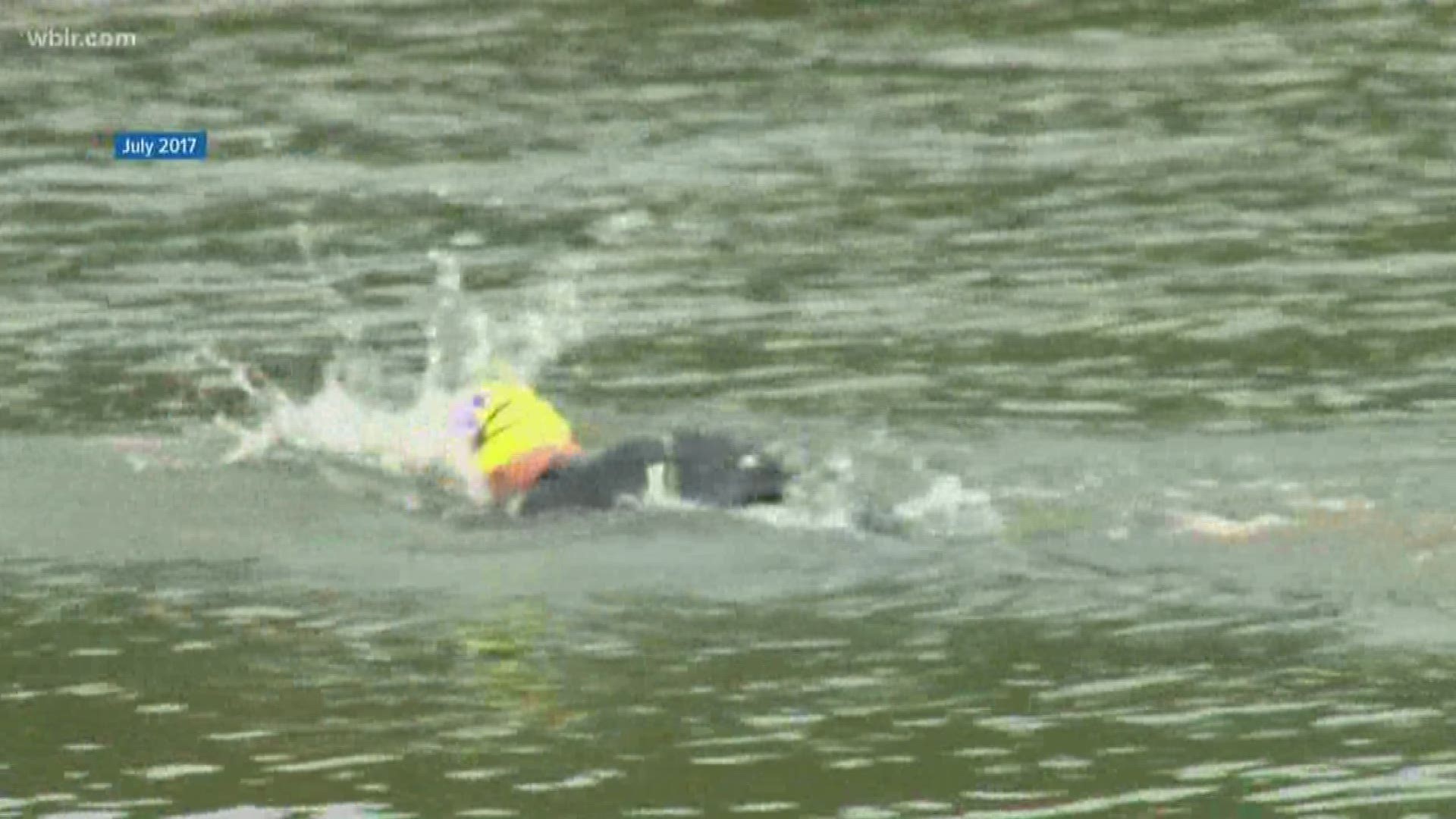On a warm Thursday morning in July of 2017, Dr. Andreas Fath jumped into the Tennessee River near Ijams Nature Center in Knoxville.
He was swimming the entire length of the river to survey the water along the route and determine the health of North America's most bio-diverse river.
More than a year and hundreds of samples later, researchers have released the data he and his team collected along the route.
What they found is in some ways is encouraging--- and in others alarming.
"By and large I would say yes, the Tennessee is a pretty darn clean river," project manager Dr. Martin Knoll said.
However there was a major area of concern.
"The big shocker is definitely the story about the microplastics. There are a lot of plastic particles floating along in the Tennessee River," he said.
The team found a uniformly high concentration of the tiny plastic particles from Knoxville to Paducah. Knoll said for every cubic meter of water collected, there were 16 to 17 thousand microplastic particles.
That's higher than the Rhine River in Germany, which has ten times the number of people living in it's watershed, he said.
"To my knowledge, we found the highest concentrations of microplastics ever found in the world" he said of the Tennessee river.
Scientists are still studying microplastics to determine their impact on humans and animals, but Knoll said some studies indicate they can interfere with the reproductive system.
"They have a negative impact on both the aquatic life and perhaps the people that might be using the river as a drinking water source," he said.
The plastic particles can form in many ways, but Knoll said much of the plastic they found was likely formed as larger pieces of plastic trash break down.
"It’s coming in from all over the watershed which means that we’re all guilty as a population. All those folks that live in the Tennessee river watershed, we’re all contributing plastic to the Tennessee river," he said.

